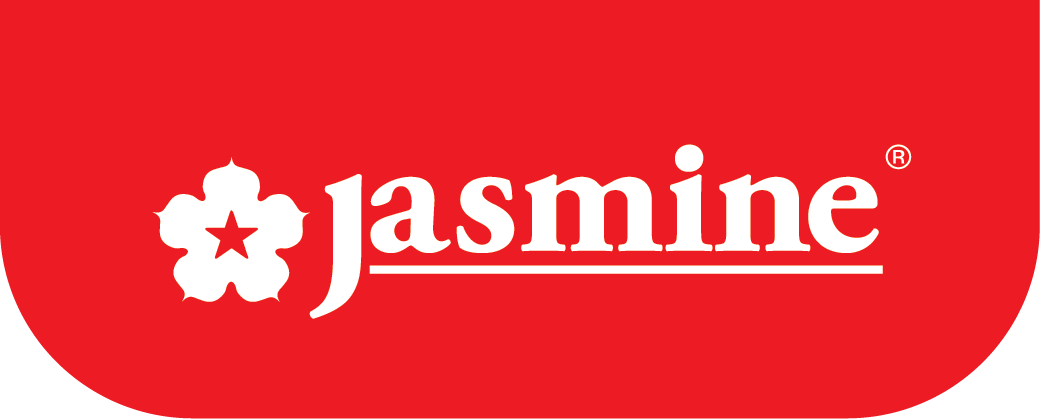
Bill Gates to support rice production in Nigeria
15 September 2016 | The Bill and Melinda Gates Foundation announced funding for a program Tuesday to improve rice production in Nigeria. The foundation, which is owned by American tech-billionaire Bill Gates, would be committing resources to six agricultural commodity value chains with an emphasis on rice and yam production in Nigeria.
Vanguard Newspaper reports that the foundation’s Agriculture Senior Programme Officer Dr. Audu Grema made this known while speaking with newsmen in Abuja, Nigeria’s capital.
Dr. Grema listed some of the foundation’s programs to include the CARI-Project, which is aimed at improving local rice production, diversifying local crop varieties as well as pest and disease control. Other programs include theCassava Value Addition Project (CAVA) and another project that works with private farms to improve local yam production.
Explaining that the foundation has “a huge portfolio of agricultural investments in Nigeria,” Dr. Grema added that the rice improvement CARI program was already being applied to six different states (Cross River, Niger, Kebbi, Jigawa, Kano, Plateau Edo and Ebonyi) in Nigeria.
He also said that Nigeria would soon be able to produce most of the rice that it consumes and that the foundation was working to develop a robust agricultural portfolio to include crops, such as maize, yam, cassava, and livestock production.
Dr. Grema dismissed suspicions raised in some quarters that the foundation is distributing genetically modified organism (GMO) rice, saying, “Gates has no interest to promote agribusiness, so we are denying that we [brought] GMOs in to Nigeria.
“Bill and Melinda Gates are not farmers; they are not in to agricultural services; so, to think they will promote GMOs just to promote their businesses’ interest is very wrong.”
Dr. Grema also expressed the foundation’s readiness to partner with Nigerian authorities on itsGreen Alternative Project, which is designed to fight poverty and hunger by improving local agricultural production to enable the country to achieve its Sustainable Development Goals (SDGs).
In Nigeria, the combination of rising inflation and a crash in the value of the local currency has seen the price of staple food crops, such as rice, cassava, and other consumables, climb steadily over the last couple of months. Most of the rice consumed in Nigeria is imported, and current realities have put the cost beyond the reach of the average citizen. Authorities now hope that plans to stimulate and expand local production in the coming months would steady food prices and prevent shortages.
source: https://face2faceafrica.com
